Physical Address
304 North Cardinal St.
Dorchester Center, MA 02124
Physical Address
304 North Cardinal St.
Dorchester Center, MA 02124
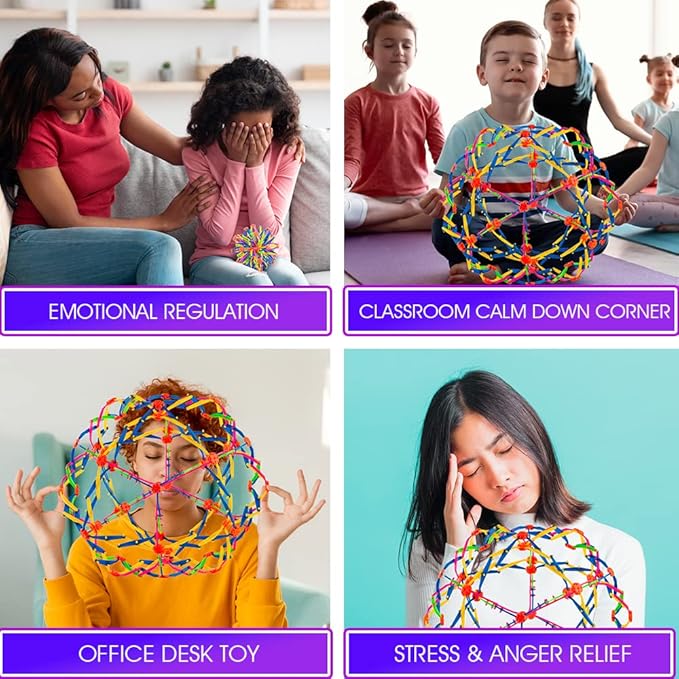
Parenting often feels like navigating a storm without an umbrella—chaotic, unpredictable, and occasionally overwhelming. The constant demands, endless questions, and perpetual motion can leave even the most centered parents feeling disconnected and frazzled. Yet within this beautiful chaos lies an opportunity to cultivate presence and awareness that transforms not only your experience but your child’s as well. Research indicates that parents who practice mindfulness report 40% lower stress levels and significantly improved parent-child relationships. The key isn’t to eliminate the chaos but to change how you relate to it—shifting from reaction to response with intention and grace.
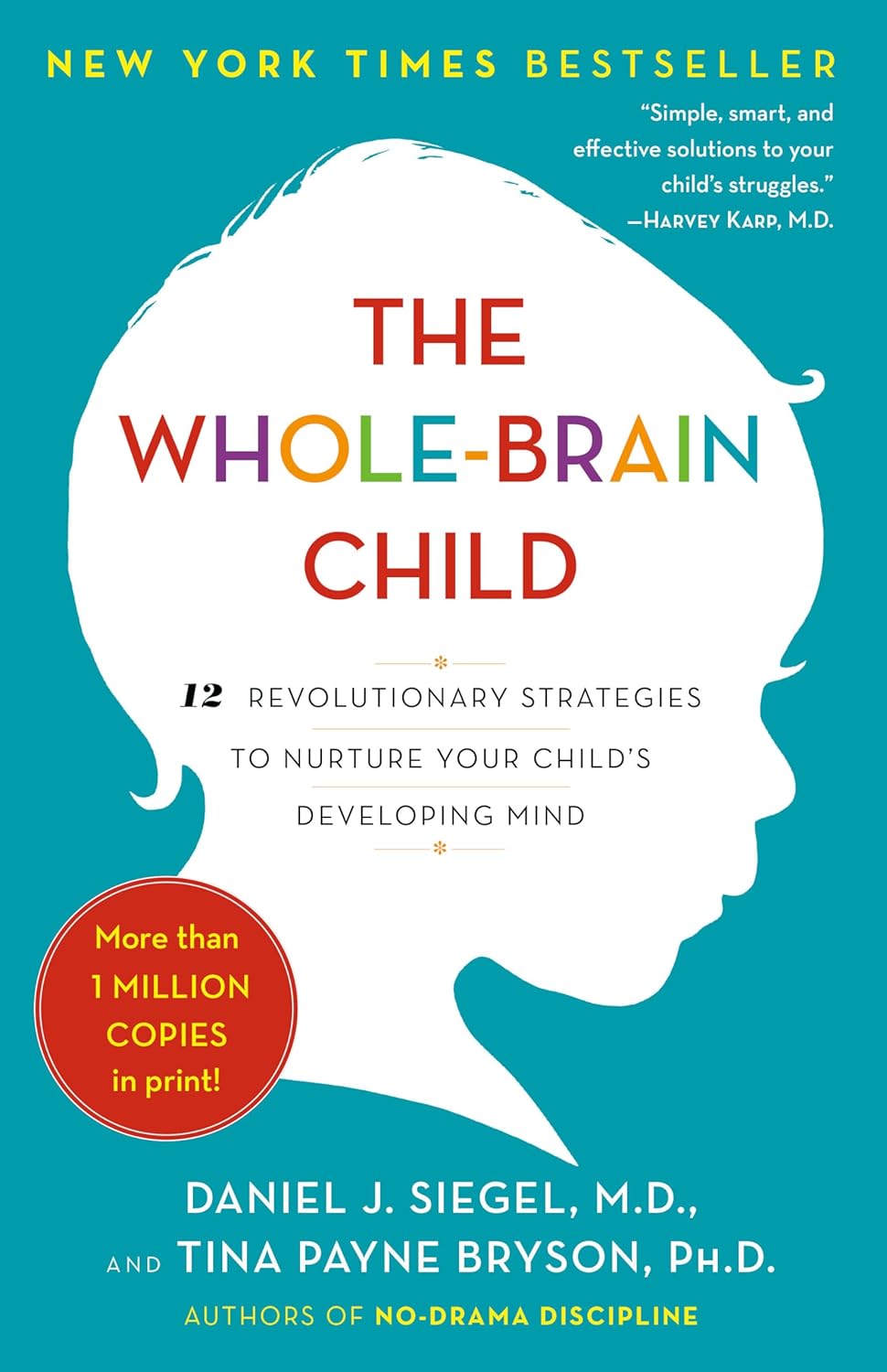
Quick primer: a science-backed, parent-friendly read that turns brain talk into everyday connection.
Mindful parenting isn’t about achieving perfection; it’s about embracing the imperfect moments with full awareness and compassion. Like a Swiss watchmaker who appreciates each tiny gear’s role in the larger mechanism, mindful parents learn to value each seemingly small interaction as part of their child’s development. This approach doesn’t require hours of meditation or a lifestyle overhaul—just moments of deliberate presence woven into your existing routine. The journey begins with a single breath, a single moment of choosing awareness over autopilot.
Mindful parenting is the practice of bringing intentional, non-judgmental awareness to your interactions with your children. It’s about noticing your thoughts, feelings, and physical sensations in the present moment without immediately reacting to them. Studies from the Yale Center for Emotional Intelligence show that parents who consistently practice mindfulness report higher levels of emotional connection with their children. The twist? It’s less about controlling your child and more about understanding yourself.
Unlike approaches focused only on behaviour modification, mindful parenting addresses the internal landscape of both parent and child. Children learn more from who we are than what we say—creating a ripple that extends far beyond the moment.
Today’s parents face unprecedented distraction and pressure. A 2023 study by the Digital Wellness Lab found parents check their phones ~70 times daily—splitting attention and eroding emotional availability. Mindfulness cuts through the noise, creating space for genuine connection.
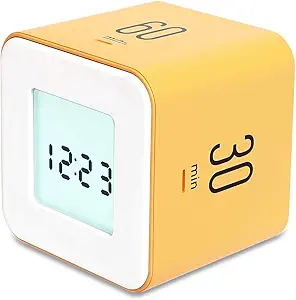
Like Tokyo’s efficient train system, mindful routines create structure within chaos, helping both parent and child navigate daily life with more ease and intention.
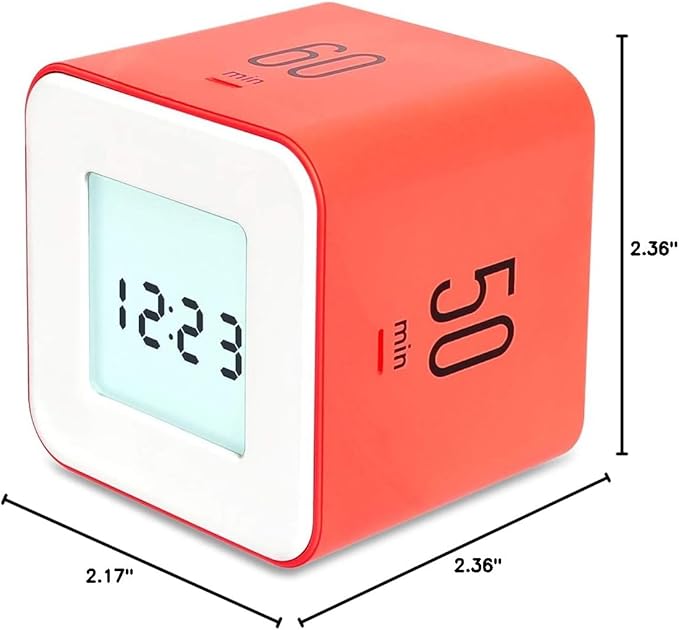
Small, visible countdowns create focused, phone-free pockets of attention—five minutes can shift a day.
Good news: brief and consistent beats long and sporadic. Research from Brown University’s Mindfulness Center suggests 3–5 minute practices integrated into existing routines deliver meaningful benefits. Think: waiting for the kettle, walking to the car, or a bathroom-mirror reset before bedtime stories.
Three lines, two minutes—gratitude, intention, reflection. Micro-practice, macro calm.
This isn’t about adding tasks; it’s about changing how you approach what you already do—turning ordinary moments into opportunities for presence.
Comfort invites consistency; a supportive cushion makes “one mindful minute” easier to keep.
Seeing time pass helps kids (and us) regulate—perfect for “one-task listening” and transitions.
Parents using brief practices like STOP report more patience and less reactivity within two weeks of consistency (Journal of Child and Family Studies).
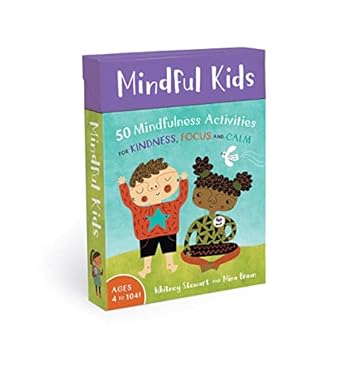
Pull a card after dinner: breathe, notice, name—tiny rituals that stick.
Children of mindful parents show stronger emotional regulation, social skills, and resilience (longitudinal research from Harvard child development scholars). Co-regulated, attuned interactions help wire the prefrontal cortex—supporting impulse control and executive function over time.
Name it to tame it—story-led feelings practice that builds vocabulary and self-control.
Translation: everyday mindful moments shape the brain systems that help kids manage big feelings, focus, and bounce back from setbacks.
Yes. Instead of reacting to the behaviour, get curious about the need beneath it. Notice your own reaction first, settle your nervous system, then connect and coach. Research from the University of California’s Parenting Institute links this approach to more durable behaviour change and stronger bonds.

Open… close… breathe together. A visual cue turns “take a breath” into a shared game.
Example: During a tantrum, validate (“You really wanted the red cup”), offer a simple choice, and co-regulate through breath and presence before problem-solving.
Build “mindfulness reflexes” that activate under pressure:
Pocket-sized anchor: rub, breathe, label—micro-grounding on the go.
Practised in calm, these cues become automatic supports in storms.
Over time, mindful micro-moments compound—families report better conflict resolution, deeper bonds, and higher relationship satisfaction (Family Resilience Project, 10-year findings). Children raised in mindful environments develop an “emotional intelligence inheritance” that endures into adulthood.
Perfection isn’t required—repair is. When you slip, acknowledge, reconnect, and recommit.